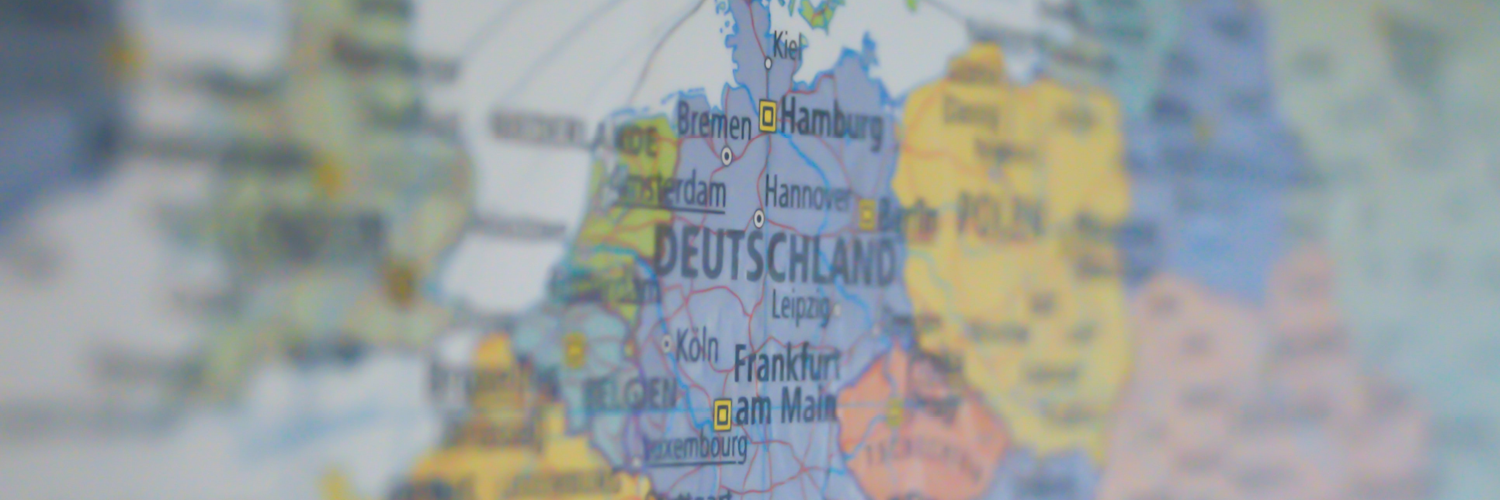Angela Merkel became German Chancellor in November 2005. Sixteen years later Germany went to the polls with Merkel – having already stepped down as leader of the Christian Democrats (CDU) – making it known that she would not be seeking a fifth term as Chancellor, and the de facto most prominent politician in Europe.
Opinion polls throughout the campaign did not make good reading for the CDU and that proved to be the case. The Social Democrats (SPD) topped the poll with 25.7% of the vote and a provisional 206 seats in the Reichstag, with the CDU on 24.1% and 196 seats. With 368 seats needed to form a government, there was clearly going to be a coalition, with the so-called ‘traffic light’ grouping always the front runner. This was made up of the SPD (red), the Greens (who came third in the election with 14.8% of the vote) and the fourth placed, pro-business Free Democrats, represented by yellow in German politics.
SDP leader Olaf Scholz – who is 63 and was born in Osnabrück in the former West Germany – will become the next Chancellor, with Greens leader Annalena Baerbock becoming foreign minister. She hailed the new coalition agreement as a “paradigm shift” for German politics.
She may well be right.
Under the slogan ‘dare more progress’, the new government plans to loosen immigration rules, legalise the sale of recreational cannabis and allow people to change gender without seeking medical approval.
Economically it is planning to borrow what are described as ‘unprecedented’ amounts to drive the decarbonisation and modernisation (especially digital) of Germany. The end of the coal industry will be brought forward from 2038 to 2030, with the government committing to generating 80% of the country’s electricity from renewables by that date. The sale of new petrol and diesel vehicles will be banned ‘early in the next decade’.
Scholz said, “We [the coalition partners] are united by the will to make the country better, to advance it and to hold it together.”
Sceptics may wonder if a coalition that stretches from the pacifist left to right wing MPs close to the beliefs of Margaret Thatcher can hold together. We will see.
The new government – intent on “a policy of great impact” according to Scholz – will not rely on tax increases to fund its ambitious plans, with the incoming Chancellor instead saying that the German treasury would have ‘sufficient resources to handle the investment offensive.’
Like Joe Biden’s giant infrastructure project in the US, there are clearly worries that large scale borrowing could be inflationary – something which has always alarmed German savers and investors.
What impact the plans will have on the wider Eurozone economy remains to be seen. Germany is far and away the biggest economy in the Eurozone and – to borrow the old saying – if it sneezes all of Europe will catch a cold. The new government will certainly come to power in challenging times, with the country facing a fourth wave of the pandemic, inflation set to rise to 6% (the highest since the 1970s) and the country still heavily reliant on Russia for its gas supplies. The world will be watching…


